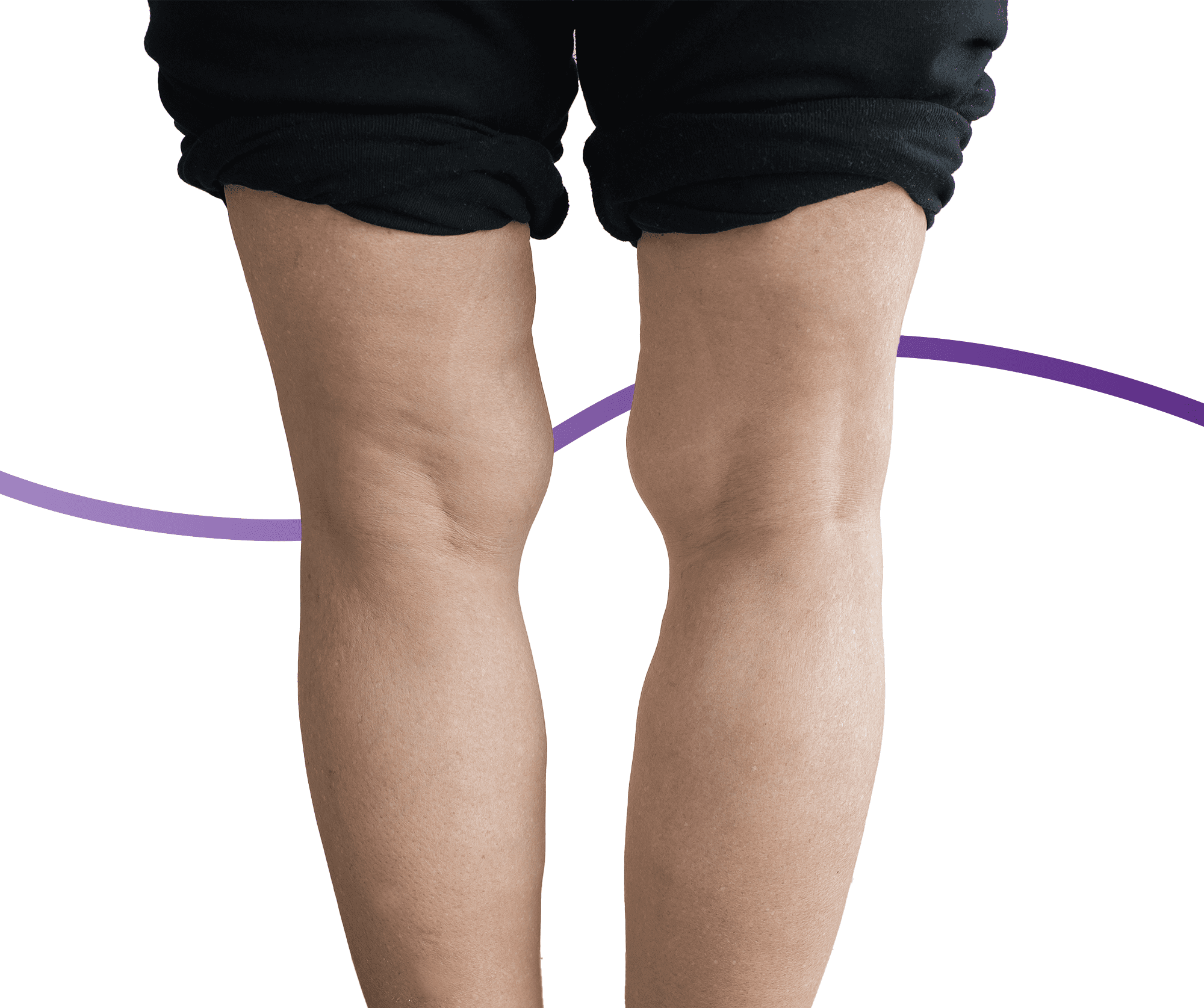
Jump to section
Noticing your child walking with knees facing in towards one another raises alarm bells for many parents who wonder if it’s normal,
whether they’ll grow out of it, and what may have caused it. The good news is that for most children, knocked knees are a normal part
of growth and development. For some, however, they may also present some unwanted side effects, such as an increased risk of tripping and
falling. Sometimes, knocked knees can continue into adulthood. Here’s what you should know about knocked knees.
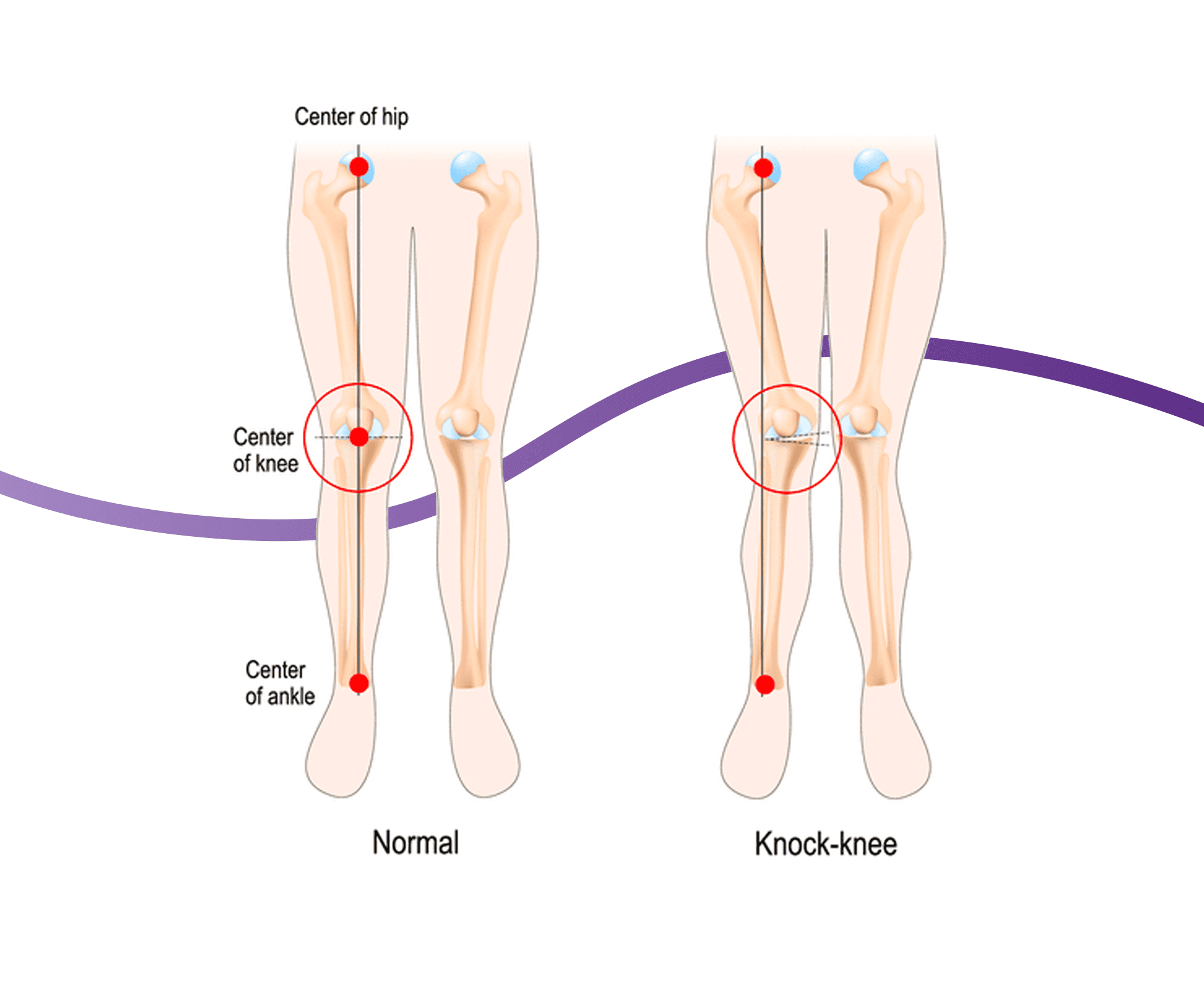
Medically referred to as genu valgum, knocked knees describes a knee position where the knees remain close together when standing, despite the ankles being spaced apart. This position tends to be most pronounced around the age of four years, before naturally resolving during the early primary school years. The severity of knock knees can vary greatly, ranging from mild and only slightly noticeable, to severe.
The symptoms of knocked knees are focused around the unique position of the knees, as well any resulting differences in gait. You may notice:
Pain is not a typical feature of knock knees in early childhood, though it can develop, especially if the symptoms persist. If knock knees persist into adulthood, there may be some associated stiffness in the knee joints, instability and an increased risk of knee osteoarthritis - though this varies from person to person.
In children between the ages of 2 and 7 years old, knock knees are a normal variation as part of their development, as are bow legs, where the legs bow out away from one another. In this instance, the knees normally straighten out without any intervention. Both positions can help children in their walking confidence by giving them added stability - like how an inward tilt at the knees can help balance, particularly if other gait differences are present.
In some cases, particularly if the knocked knee position persists into adolescents, bony conditions such as osteomalacia and rickets may be involved, and should be assessed.
Other risk factors that may contribute to the development of knock knees include:
In children, diagnosing knocked knees is relatively straightforward, involving a clinical examination that looks at the alignment of the knees when standing, their gait and their foot posture. In adulthood, more tests will likely be carried out, such as a knee x-ray, nutritional deficiencies, and evaluating your medical history to help understand the cause and the best approach to treatment.
If knock knees are present in childhood and do not cause any problems or pains, then it is likely that they will not require any treatment, aside from monitoring by parents to ensure the knee position or foot posture is not causing regular tripping, falling, pains or other issues.
Treating knocked knees that persist into adulthood will involve addressing the cause, such as treating nutritional deficiencies, and then managing the symptoms, which is where your podiatrist can help.
Regardless of age, your podiatrist can help with:
You can book in with one of our podiatrists in Brisbane City or Newmarket here.
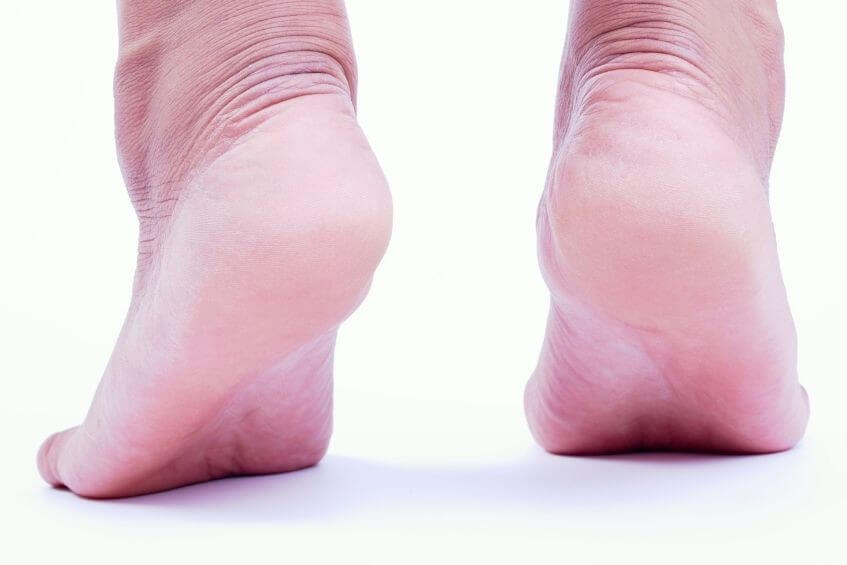
Our feet are the foundation for the entire body, so it's important that they have enough strength to tolerate our activity levels. Use
these three exercises to help strengthen your feet.
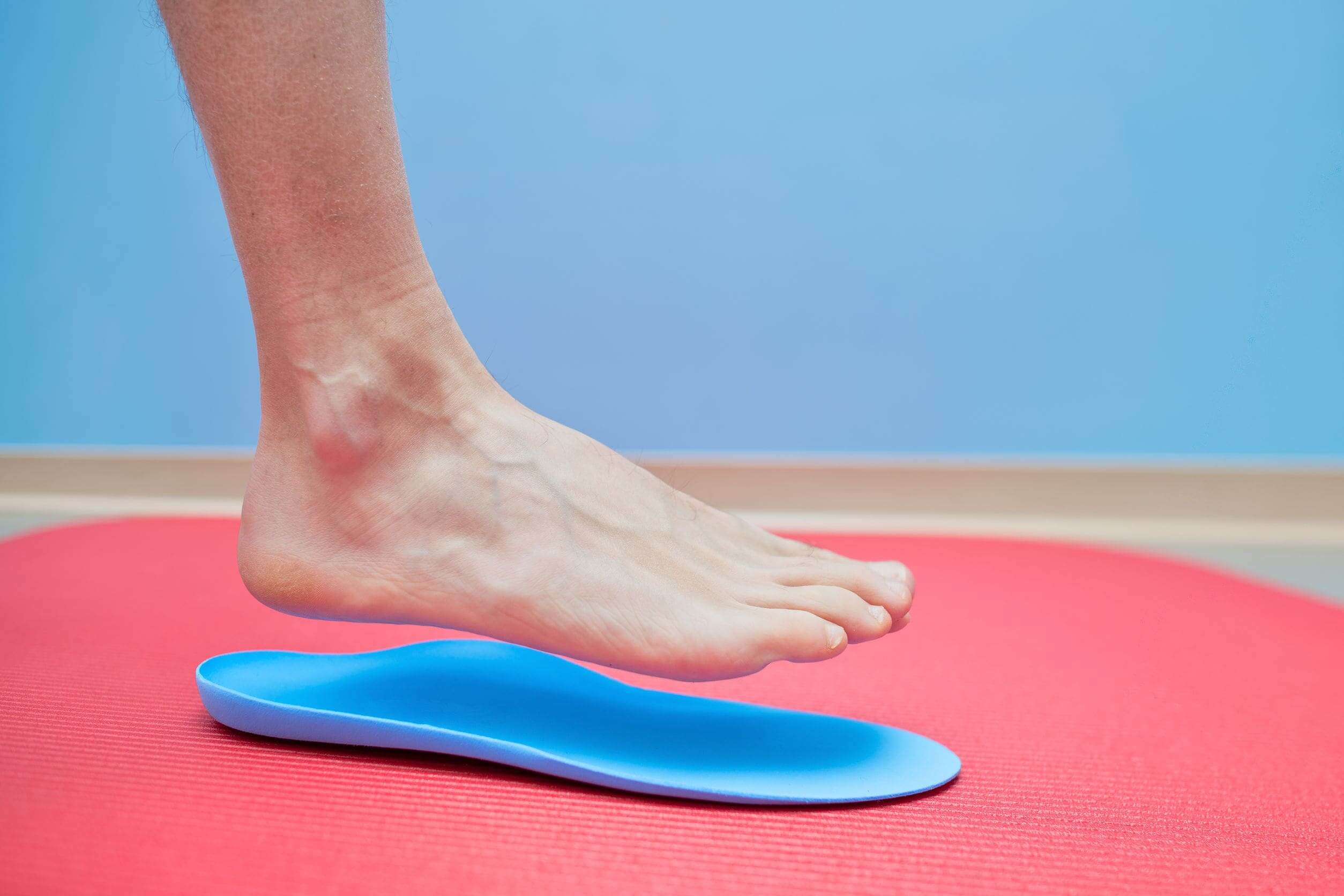
Not everyone needs orthotics, but they can play an integral role in treating or relieving pain in several foot and lower limb conditions.
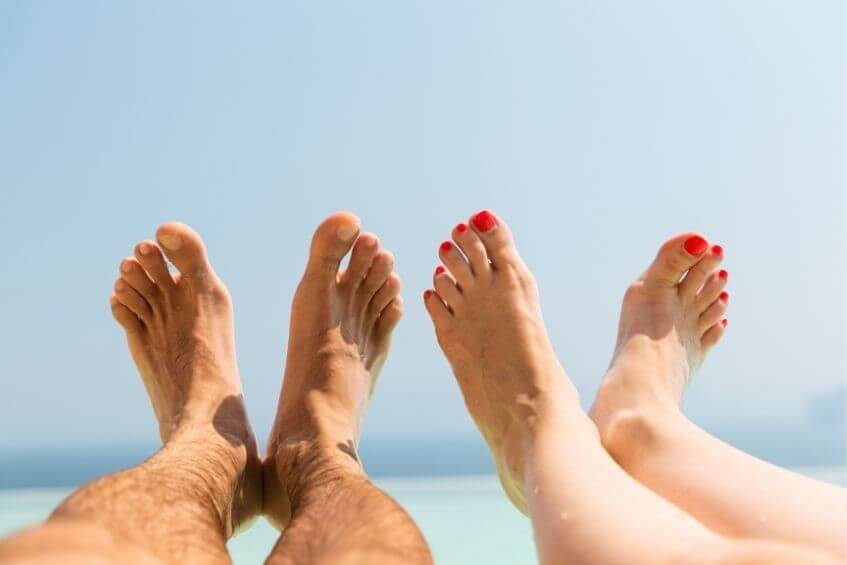
The heat and humidity of an Australian summer makes it a prime time for issues to arise, so our newest podiatrist Lucy has put together
seven helpful tips to keep your feet healthy and problem free throughout summer.
| Monday | 7:40am - 6:00pm |
| Tuesday | 7:40am - 6:00pm |
| Wednesday | 7:40am - 6:00pm |
| Thursday |
7:40am - 6:00pm |
| Friday | TEMP CLOSED |
| Saturday | CLOSED |
| Sunday | CLOSED |
Ground Floor, 344 Queen Street,
Brisbane City QLD 4000
| Monday | 7:40am - 6:00pm |
| Tuesday | 7:40am - 6:00pm |
| Wednesday | 7:40am - 6:00pm |
| Thursday |
7:40am - 6:30pm |
| Friday | 7:40am - 5:00pm |
| Saturday | 7:40am - 4:30pm |
| Sunday | CLOSED |
Newmarket Village, 114/400 Newmarket Rd, Newmarket QLD 4051